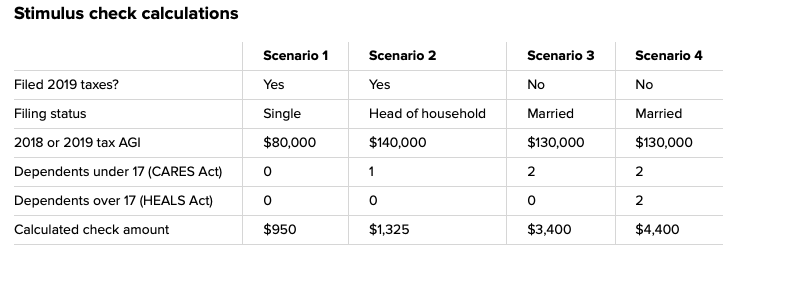By Lacie Armstrong
An unsettled, heated debate is not the only thing Congress and the White House are experiencing. Pressure from the Senate and the clock have government officials glued to their seats. Congress and the White House have until Friday before the Senate leaves for their intended August recess to possibly pass another stimulus package.
With new information unfolding every minute, it’s looking more likely that a deal could come within the next week. While the Republicans, Democrats and the White house all agreeing on a second check up to $1,200 for those who meet the eligibility requirements, other items of the proposal remain un-decided.
These proposals include the bills providing a range of financial aid until the end of 2020. The list includes:
- The Republican-authored HEALS Act calls for a $400 reduction to the $600 weekly benefit. But Democratic leaders consider the proposal of $200 to be an unacceptable amount that won’t sufficiently help citizens during the recession.
- A payroll protection program to help employers keep paying wages and tax incentives for businesses to hire employees.
- CARES Act: With the CARES Act from March, which is now expired, there was no limit on the number of children that could count as dependents as long as they were under 17 and claimed by the taxpayer on their tax return, according to the Tax Foundation. Each dependent would garner the taxpayer $500. Theoretically, a family in which two adults and six children under 17 were eligible for the full amount could receive $5,400.
- Heroes Act: The Heroes Act, which has never been taken up or vetoed by the Senate, would place a cap of $6,000 for households of five or more. Essentially, it proposed $1,200 for each adult and dependent with a maximum of three dependents per family.
- HEALS Act: Similar to the CARES Act, the HEALS Act does not mention a cap on the amount a family may receive. The difference is that it does not limit dependents to those under 17 in order to qualify for the $500 payment.
Although there isn’t an official release date yet, it is likely that this stimulus package will be exactly like the first package. If you filed taxes and included direct deposit information, it is more than likely you will receive payment of your check as direct deposit. If you did not file with direct deposit information, the check will be mailed. Under the CARES Act, some people were also sent money in the form of a prepaid “economic impact payment” card, or EIP.

If an agreement can’t be reached by the deadline set for Aug 7th by Senate Majority Leader Mitch McConnell, it’s possible the House and Senate will push back their recesses and extend the current sessions in Washington.






